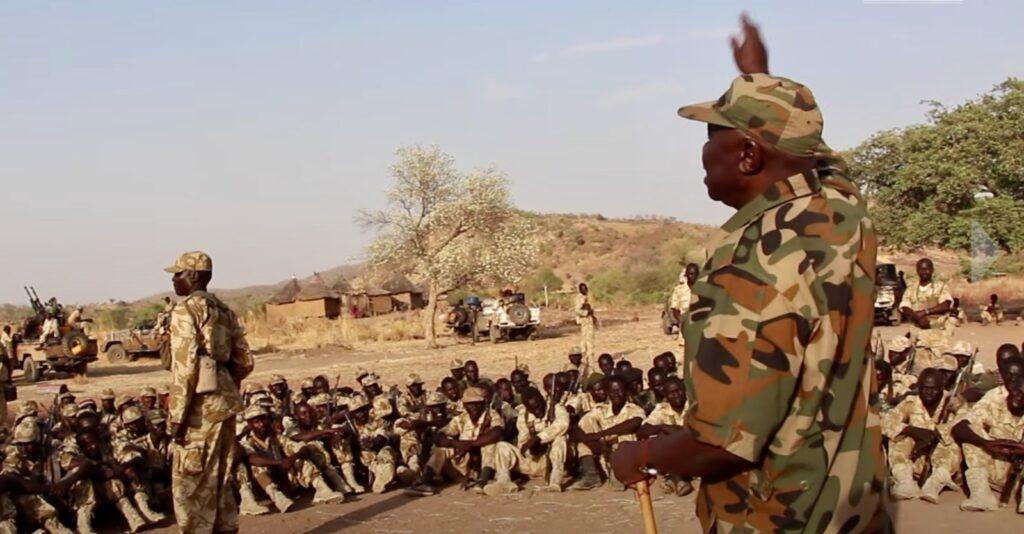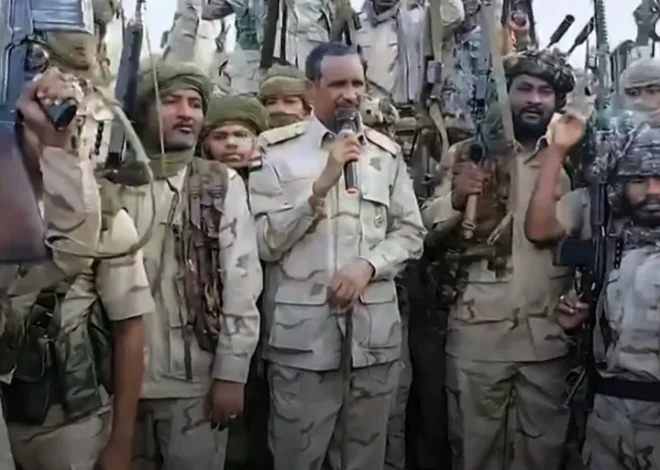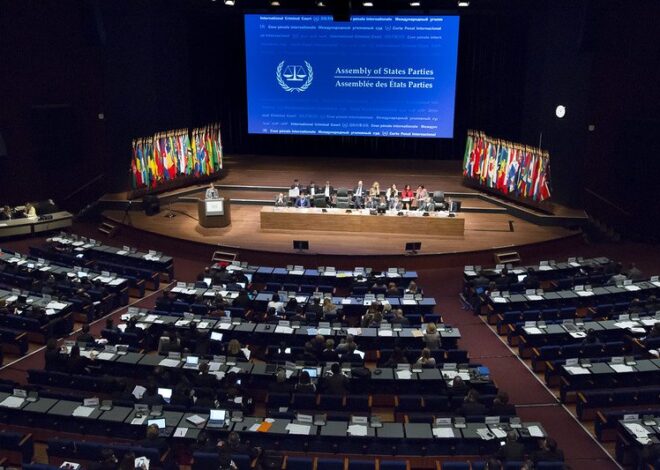The Cost of 100 Days of War in Sudan

July 23, 2023, marked 100 days since the war erupted in Khartoum, Sudan. The two major groups in this war are the Sudan Armed Forces (SAF) led by General Abdel Fattah al-Burhan and the Rapid Support Forces (RSF) led by General Mohamed Hamdan Dagalo also known as Hemedti. Various initiatives have been undertaken to stop the war or at the very least establish a secure ceasefire and implement safe corridors for the evacuation of civilians, and facilitate entry of humanitarian aid. These among others include the Jeddah negotiations brokered by Riyadh and Washington paving the way for 16 ceasefire agreements of which none was successful. Parties interested in stopping the ongoing war should start rethinking their approaches. The 100 days of the war have been characterised by immense displacement of people both internally and externally. Presently, there are approximately 1.1 million refugees and 3 million internally displaced persons (IDPs).
The war has led to a devastating loss of civilian lives with the death toll estimated at over 7,000 and several thousand injured in Darfur alone. This has been spurred by the seemingly endless flying bullets and shells from the two warring factions. The conflict has also caused severe disruption to civilian livelihoods, with people being unable to access their means of sustenance out of fear for their lives. As a result, those caught in the crossfire are at risk of succumbing to starvation or suffering from acute malnutrition. The belligerents have previously used ceasefires as an opportunity to regroup and rearm for fresh attacks, rather than create safe corridors for evacuation and humanitarian interventions. It should be noted that the latest catastrophe hit an already vulnerable population. A survey conducted by the World Food Program in 2022 in Sudan found that a total of 95 per cent of households spent more than 65 per cent of their total budget on food, while 48 per cent were unable to afford the WFP local food basket. This food insecurity and a vicious cycle of poverty have been exacerbated by the ongoing fighting.
Women and girls have suffered immense trauma during the 100 days of war. The use of rape as a weapon of war has specifically targeted and victimised them further. Given the nature of the war, documenting these atrocities has proven to be an arduous task and those who attempt to do so risk becoming targets themselves. These obstacles undermine the efforts to hold the perpetrators accountable for their crimes.
On July 15 2023, in partnership with the Government of Kenya, the Africans for the Horn of Africa Initiative (Af4HA), a coalition of African civil society groups committed to working collectively on the crises in the Horn, convened a High-Level Dialogue on the situation in Sudan attended by representatives of thirteen States; the Department of Political Affairs, Peace and Security of the African Union Commission (PAPS, AUC); the Peace and Security Cluster of the Economic, Social and Cultural Council of the African Union (ECOSOCC – AU); the Secretariat of the Economic, Social and Cultural Council of the African Union (ECOSOCC – AU), and several civil society actors from across the African continent.
The High-Level Dialogue aimed to show solidarity with the people of Sudan and discuss mechanisms that will facilitate putting an end to the war in the country. 100 days of war and yet still counting is too long for the Sudanese to suffer. Recalling the calls at the dialogue and the suffering of the people of Sudan over the past 100 days, Af4HA calls upon members of the Expanded Mechanism on the Sudan Crisis established at the Ministerial Special Session on Sudan and convened by the AU Commission Chairperson, Moussa Faki Mahamat, on April 20 2023, and the international community at large to not only closely watch the ongoing war crimes and crimes against humanity in Sudan but also be proactive in ensuring safe corridors for humanitarian interventions and supporting a civilian-led peace process to end the war. All these efforts are geared towards preventing an unprecedented humanitarian catastrophe and the spillover of the war to the entire Horn of Africa.
About the Author
Duncan is a Researcher on Peace and Conflict in the Horn of Africa at the International Refugee Rights Initiative (IRRI)



